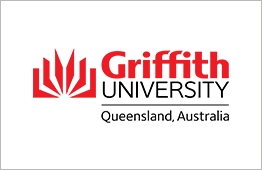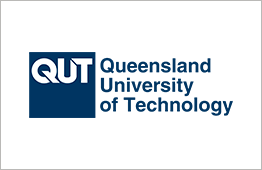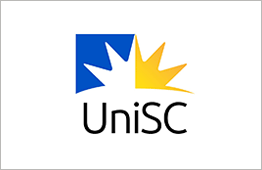PhD Scholarship opportunity

Preventing adverse events during paediatric cancer treatment: A multi-site hybrid randomised controlled trial of catheter lock solutions.
Project opportunity
This Earmarked Scholarship project is aligned with a recently awarded Category 1 research grant. It offers you the opportunity to work with leading researchers and contribute to large projects of national significance.
One of the first procedures a child undergoes when being treated for cancer is the insertion of a central venous access device (CVAD). This hollow catheter is inserted into the great vessels leading to the heart, allowing the administration of treatments (e.g., chemotherapy) and supportive therapies (e.g., blood transfusions, antibiotics). Despite how vital these CVADs are, they can result in systemic infections, thromboses or blockages.
When the CVAD is not in use, it is locked in with fluid. This fluid lock is an opportunity to prevent CVAD-associated complications.
Clinicians do not know which lock solution to prescribe and administer to protect children. Our practice varies between institution, clinician, and child, with scant data (3 trials, <600 participants total) to inform decision-making. Predictably, current practice swings between traditional choices: normal saline (i.e., an inactive solution) and low-dose heparinised saline (i.e., a potentially anti-thrombotic solution). An old medication (EDTA) has been newly reconstituted as a CVAD lock solution (T-EDTA) to prevent infections, thromboses and blockages, but its clinical effectiveness is unclear.
Through a Type-1 hybrid (effectiveness-implementation) multisite, randomised controlled trial, we will identify which of these traditional (saline, heparinised saline) or new (T-EDTA) solutions are effective in paediatric cancer care, and determine the optimal implementation strategy to incorporate best CVAD locking into routine cancer practice and policy across Australia
Our clinical trial includes 855 CVAD-based treatments for children, and will be based across Australia, including children, families, clinicians and scientists from tertiary paediatric hospitals and their regional network hospitals. We will work together to try to prevent systemic infections, thromboses and other complications interrupting a child’s treatment for cancer.
Follow the link for details and how to apply.
| Tags:scholarshipcatheter lock solutions |








